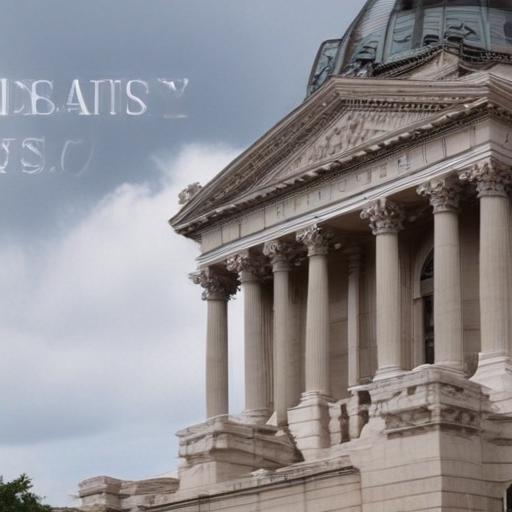Illinois Governor JB Pritzker is making waves nationally by advocating for “mass protests” against the Trump administration, signaling potential aspirations for a presidential bid. As he travels across the country promoting achievements in Illinois, such as the introduction of reproductive rights, legalization of cannabis, and climate initiatives, there is significant concern regarding the state’s troubling economic situation.
Despite Pritzker’s assertions of progress, recent statistics reveal that Illinois is grappling with significant financial challenges. The state is burdened with over $200 billion in unfunded pension liabilities, with pension systems funded at only about 50%. This stark contrast to New York’s 99% pension fund highlights deep-seated issues that keep residents anxious about their fiscal future.
The tax burden on Illinois residents is also a pressing concern. Illinois ranks highest in the nation for combined state and local tax payments, where median households contribute an average of $13,099 annually to a convoluted range of taxes. Moreover, the state has seen a notable trend of out-migration, ranking third in the U.S. for residents leaving, with 56,235 people departing in 2024 alone.
Compounding these issues is the performance of Illinois’s public education system. A disheartening two-thirds of eighth graders lack proficiency in reading or math, with the most significant disparities affecting minority students. Despite spending more per pupil than any other Midwestern state—averaging $21,700—parents and advocates question the return on investment.
While Pritzker builds his national image on an agenda of progressive reforms and opposition to Trump, the realities on the ground in Illinois tell a different story—one described by residents as mismanagement, inefficiencies, and declining quality of life. This disconnection raises questions about the viability of his political ambitions outside of Chicago, a bastion of Democratic support in the state overshadowed by the challenges facing the broader Illinois populace.
With rising concerns about fiscal responsibility and educational outcomes, Pritzker’s path forward may be hindered by the critical voice of Illinoisans who feel the weight of these ongoing challenges.
